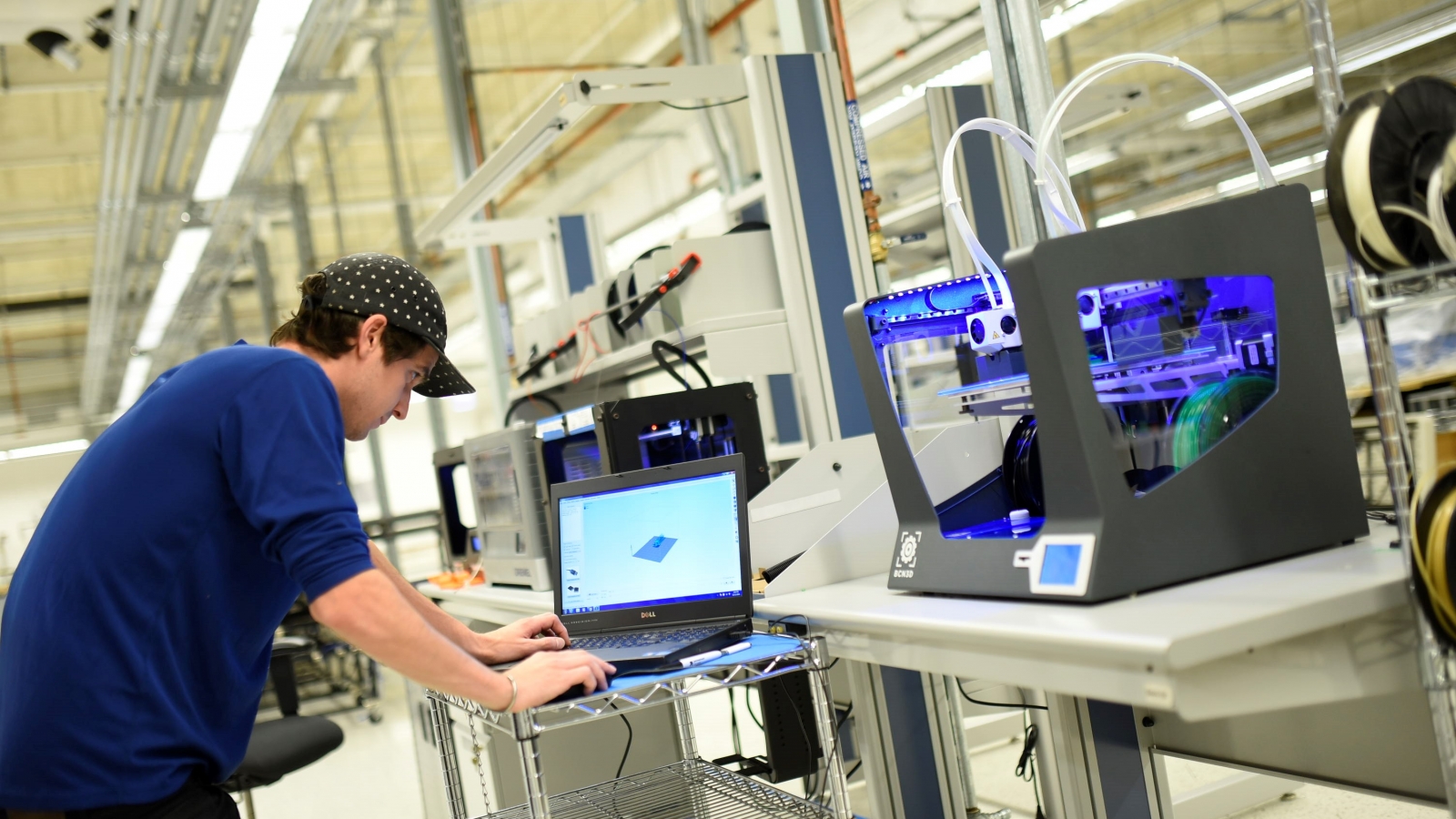
SB Friedman worked with mHUB and the University of Chicago Polsky Center to identify additional incubation programming and facilities needed to build a more dynamic, inclusive clean tech startup community. As partners in the Chicago region’s signature Clean Tech Economy Coalition, both organizations are committed to transforming the region’s economy with clean energy technologies.
To support this effort, SB Friedman studied the region’s entrepreneurial ecosystem and clean tech startups to identify specific challenges and barriers to scaling, determine potential interventions, and assess the potential benefits of these interventions on Chicago’s economy and community.
Through surveys and interviews, we established key differences in the challenges faced by clean tech startups at earlier and later stages of development, as well as between breakthrough innovators (focused on translating basic scientific discoveries into new technologies) and product entrepreneurs (who adapt existing technologies to pressing environmental challenges). We also examined existing clean tech initiatives in peer cities to identify critical stakeholders, program elements and facilities. Based on this research, we recommended interventions targeted to address each group of clean tech startups’ needs while increasing benefits to historically underrepresented communities. We also estimated that these efforts could yield up to 44 new businesses and $800 million in new investment per year.
Results: Our feasibility study findings were integrated into the Clean Tech Economy Coalition’s application for Phase 2 of the US EDA’s Build Back Better Regional Challenge. A decision on the application is anticipated by September 2022.